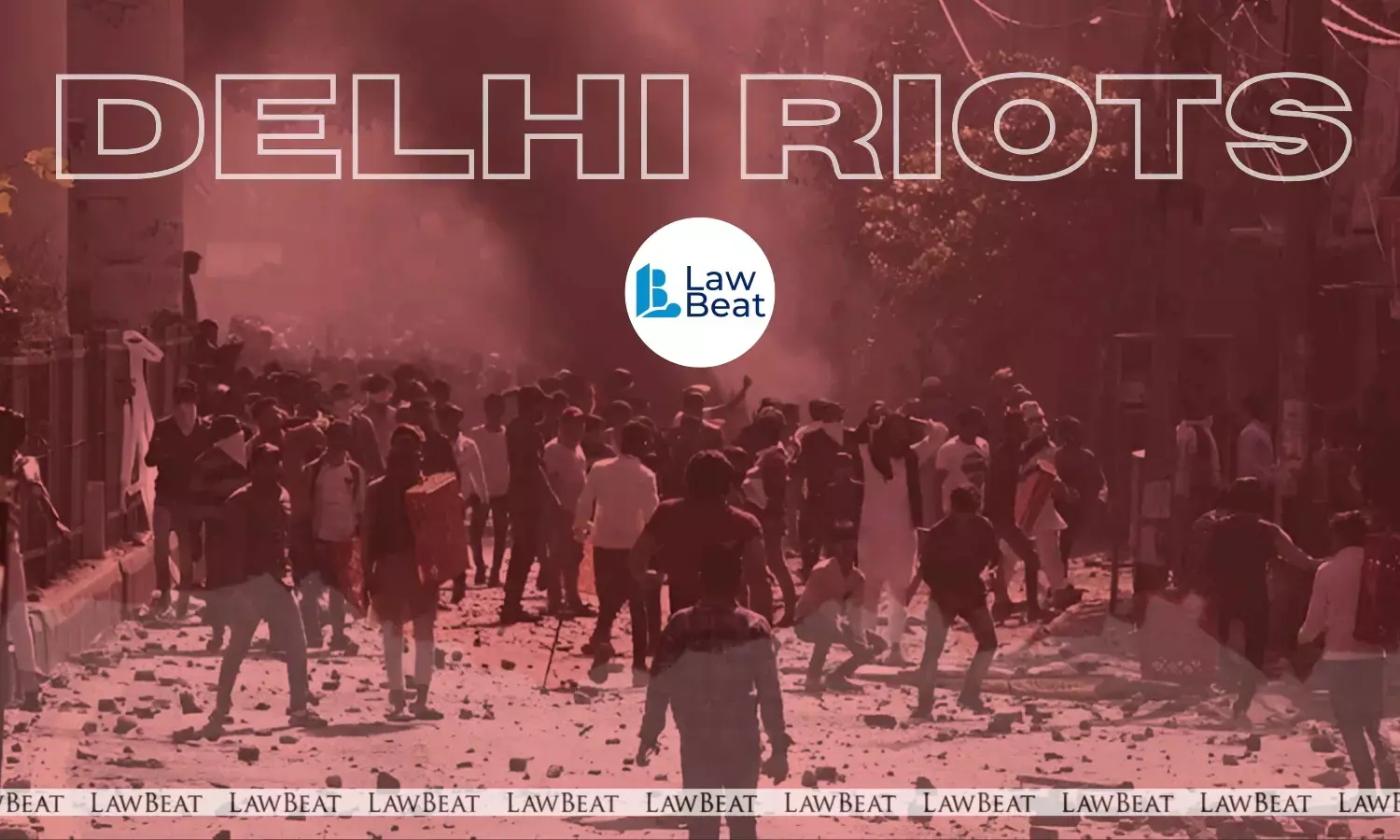Delhi Riots: No leniency for those who incite hatred against muslims, Court says

Delhi court held them guilty under IPC sections including 147, 148, 149, 435, 436 and 450
A Delhi Court has recently sentenced Lokesh Kumar Solanki alias Rajput to three years’ simple imprisonment for promoting communal hatred through inflammatory WhatsApp messages during the 2020 Northeast Delhi riots, but ordered his release as he has already spent more than three years in custody.
Additional Sessions Judge (ASJ) Parveen Singh of the Karkardooma Court passed the sentencing order on July 8, 2025, following Solanki’s conviction on June 5 under Sections 153A and 505 of the Indian Penal Code (IPC).
Solanki was held guilty of spreading messages that promoted enmity and hatred against the Muslim community and incited others to commit violence.
The Court had earlier found that his messages were designed to provoke members of a WhatsApp group to act against Muslims during the communally charged atmosphere of February 2020.
While Special Public Prosecutor (SPP) Saleem Ahmed argued for the maximum punishment under both charges, citing the serious nature of the offences, Solanki’s counsel, Advocate Nishant Kumar Tyagi, urged the Court to consider the time already served in custody and his family circumstances.
Tyagi submitted that Solanki was a young man with elderly parents and had been incarcerated for over three years, the maximum punishment prescribed under both provisions.
The Court observed that the nature of the offences demanded no leniency, noting that Solanki’s conduct “added fuel to the already simmering tensions” at a volatile time.
However, since the convict had already undergone imprisonment beyond the statutory maximum sentence, the court held that the ends of justice would be served by formal sentencing coupled with his release.
Solanki was sentenced to three years’ simple imprisonment and a fine of Rs. 25,000 under Section 153A IPC. An identical sentence and fine were also imposed under Section 505 IPC. Both sentences are to run concurrently. In default of payment of either fine, Solanki would face an additional six months’ imprisonment for each offence.
The Court further directed that Solanki be given the benefit of Section 428 of the CrPC (set-off for the period of detention undergone) and clarified that the fines would be recoverable under Sections 461 and 471 of the Bharatiya Nyaya Sanhita (BNSS).
Since the convict had already completed the sentence term in custody, the Court ordered his release in the present case, subject to payment of the imposed fines , which have since been paid, as per receipt No. 0635734.
A copy of the sentencing order was also directed to be provided to Solanki free of cost.
Case Title: State v. Lokesh Kumar Solanki @ Rajput
